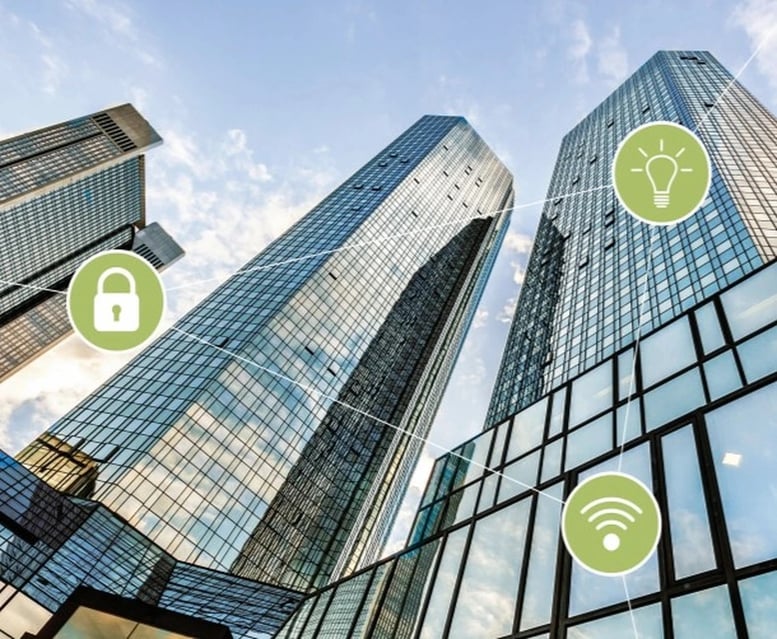
Smart buildings must meet the requirements of environmentally friendly construction, energy saving, and climate change adaptation according to the provisions of law on construction and energy saving and efficient use.
This Decree provides for general provisions, orientations, projects, plans for smart urban development and smart urban planning, standards, regulations, interoperability and safety, smart urban information security, development of digital infrastructure and smart urban technical infrastructure, development of innovative infrastructure and controlled testing, development of buildings, urban areas and services, smart utilities, governance, management of smart cities, resources and investment in smart urban development, and implementation organization.
Smart building
The Decree stipulates that a smart building is a construction work that applies advanced technology, solutions, management systems and technical equipment in the design, construction and operation process to meet regulatory requirements.
Smart buildings must meet the following basic requirements:
+ Meet the requirements for environmentally friendly construction works, energy saving, climate change adaptation according to the provisions of law on construction and energy saving and efficient use.
+ Ability to connect, share data securely and seamlessly with the common ecosystem of the city or smart urban area, and the Smart Urban Monitoring and Operation Center.
+ Applying building information modeling (BIM) in the design, construction and operation management process.
+ Maintain and ensure a comfortable, secure and safe living and working environment for users through smart building management systems (BMS).
+ Ensure safety, information security, confidentiality and protection of personal data of project users.
Smart urban areas and technology urban areas
The State encourages investors to develop smart urban areas and technology urban areas.
Requirements for smart urban areas:
+ Meet general requirements for urban areas according to legal regulations and smart urban development requirements.
+ Meet the requirements for digital infrastructure readiness, be provided with management services using information and communication technology solutions to collect, analyze, and integrate information to serve the provision of smart utility services and urban management.
+ Apply and maintain solutions to use energy economically and effectively, promptly warn of risks, and ensure safety and security for residents.
+ Ability to connect, share data securely and seamlessly with the urban ecosystem.
+ Conduct assessment and certification of smart urban areas according to the regulations of the Ministry of Construction to independently assess and publicly disclose the level of compliance with the prescribed requirements. The Ministry of Construction periodically inspects the certification of smart urban areas, issues guidelines on the framework for assessing smart urban areas; the capacity framework of units and organizations conducting assessment and recognition; and publicly announces the results of assessment and certification.
Requirements for technology urban areas: in addition to meeting the requirements of smart urban areas, technology urban areas must develop a number of functions in research and testing, production and product development, technology demonstration, startup ecosystem, support for science and technology development, innovation and digital transformation. The scale of residential land area serving residents must not exceed 15% of the land area with infrastructure of the technology urban area.
Smart urban services and utilities
The Decree also regulates smart urban services and utilities. Specifically, smart urban services and utilities must be designed in a user-centric manner, ensuring inclusiveness, easy access and use for all subjects, including the elderly, people with disabilities and other vulnerable groups.
The application of artificial intelligence in public services that impact the rights and interests of citizens must comply with the principles of transparency, accountability, fairness and be subject to human supervision as prescribed by law.
The State prioritizes and encourages research, development and deployment of proactive, personalized public services based on data analysis, to bring the best experience and most effective service to people and businesses; encourages the development of shared platforms, attracts socialization and public-private cooperation in investment in developing smart urban services and utilities.
The development of smart urban applications in the fields of environment, waste collection and treatment, healthcare, education , urban security and safety, culture, tourism, entertainment and other fields shall comply with current legal regulations of each field, guidelines and regulations of specialized Ministries and provisions of this Decree.
Organizing and managing freight transport, smart urban logistics applying technology to optimize freight flows, reduce logistics costs, limit impacts on traffic and the environment; encouraging the construction of smart logistics centers, optimizing delivery routes, deploying smart delivery systems and delivery vehicles using green energy.
The provincial smart urban development project must specifically identify a list of basic services and optional services prioritized to attract investment and encourage development in each phase.
Source: https://baochinhphu.vn/yeu-cau-doi-voi-toa-nha-thong-minh-khu-do-thi-thong-minh-102251016154254289.htm




![[Photo] Nhan Dan Newspaper launches “Fatherland in the Heart: The Concert Film”](https://vphoto.vietnam.vn/thumb/1200x675/vietnam/resource/IMAGE/2025/10/16/1760622132545_thiet-ke-chua-co-ten-36-png.webp)










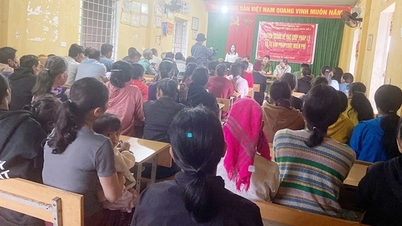

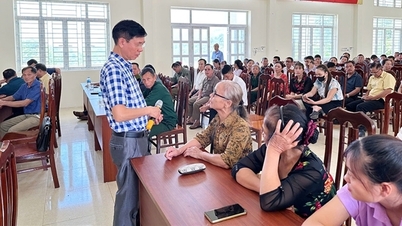






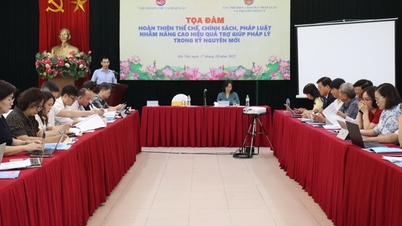
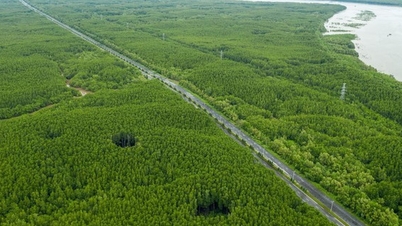
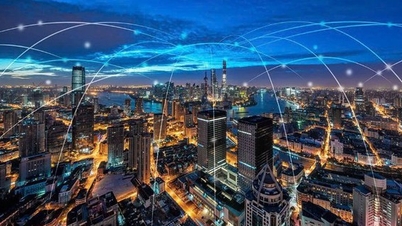
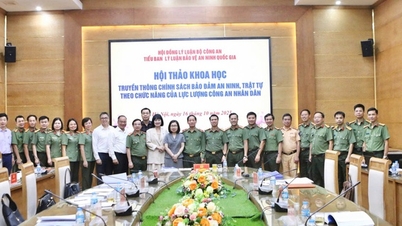



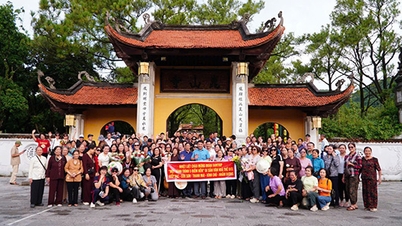












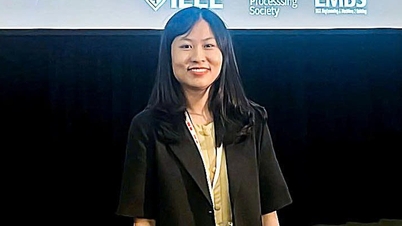






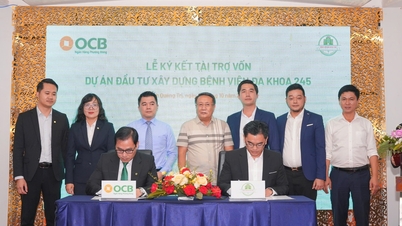

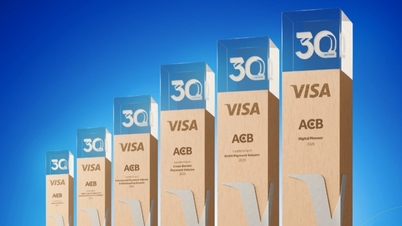
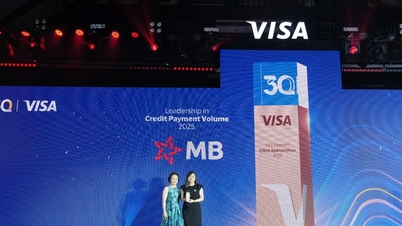




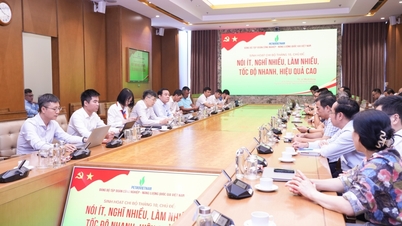








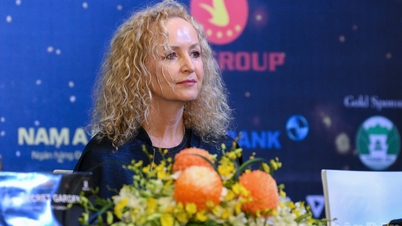
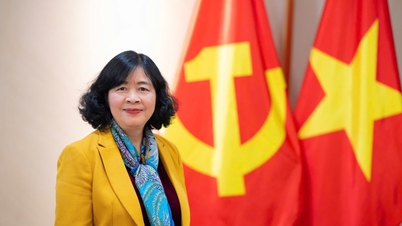
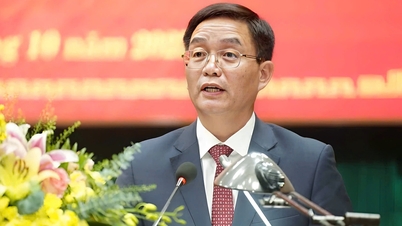








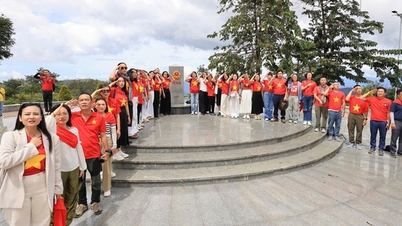



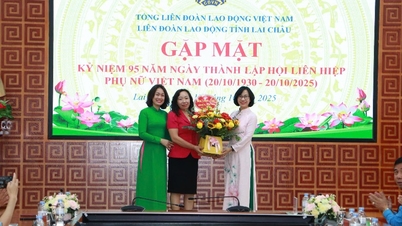

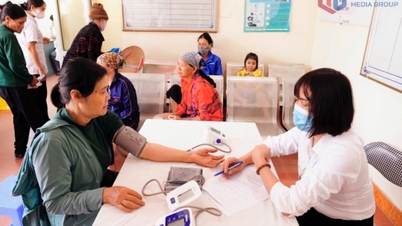

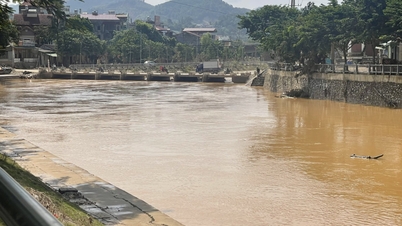

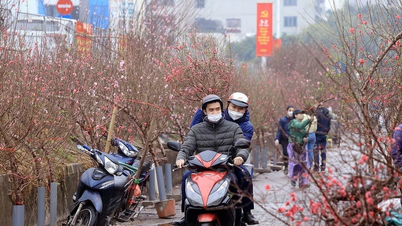

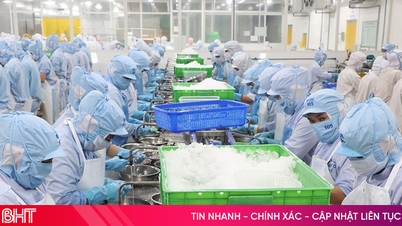
















Comment (0)